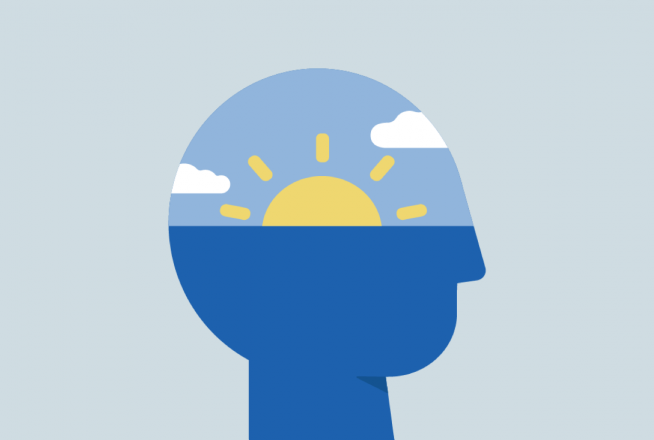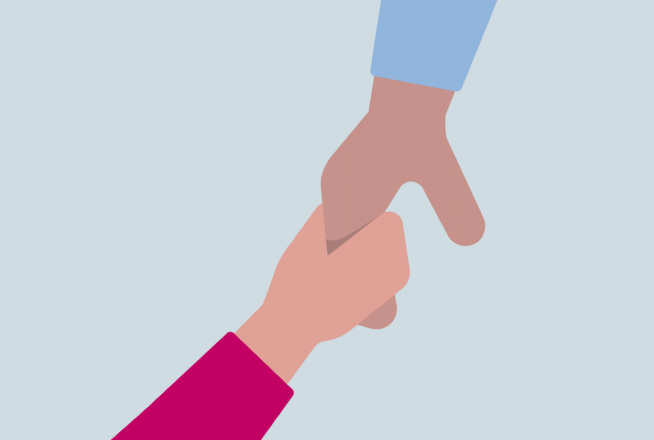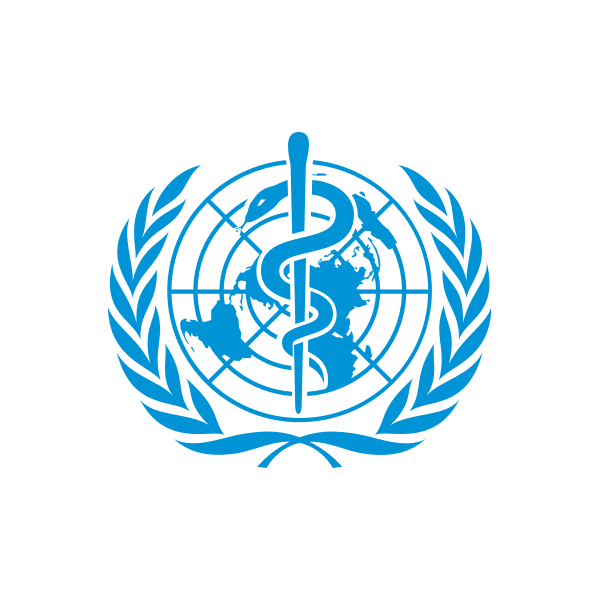Cada persona reacciona de manera diferente ante las situaciones de estrés. Muchos de nosotros vivimos esta experiencia con ansiedad, incertidumbre o miedo. Algunos quizá tengamos emociones de irritación o de duelo mientras que otros se sienten vacíos. Estas reacciones son normales y se controlan bien si nos esforzamos un poco en mantener nuestra salud física y emocional.
Reaching out to friends and loved ones is one of the best ways to reduce anxiety, depression and loneliness. You can do this even if you are quarantined or following social distancing recommendations by using Skype, FaceTime or similar apps. Share your concerns, talk and laugh “face to face.”
This is even more important during stressful times. Take deep breaths, stretch or meditate. Try to eat healthy, exercise, get plenty of sleep and avoid alcohol and drugs. Focusing on the positive and staying hopeful can help manage stress. Consider keeping a journal where you write about things that are going well. Remind yourself that this situation will pass.
Make time to relax and plan activities that you enjoy. Call Montefiore’s Relaxation Hotline for guided activities to help anxiety. Available in English and Spanish at 718-920-CALM (718-920-2256).
Reading or listening to scary messages constantly may not help with planning and may only increase your anxiety. Take care of yourself by limiting the time you and your family spend watching or listening to upsetting news. To get the facts you need to keep yourself and your family safe, look for information on the WHO and CDC websites or local public health agencies, and limit how much you check those websites to 2–3 times per day.
Please reach out for help if you need it.
Mitos sobre la salud mental: Está todo en su mente
¿Es normal pensar continuamente en el COVID-19? El Psicólogo Jefe de Montefiore, Dr. Simon Rego, analiza por qué esto es normal y cuándo buscar ayuda.
Set aside 5 minutes to take some deep breaths. The Montefiore Relaxation Hotline can guide you through short relaxation exercises. Dial 718-920-CALM (718-920-2256). Available in English and Spanish.
Ask your child what they have already heard on TV and seen on social media or learned from their friends and teachers at school. Answer their questions honestly. Use short sentences and age-appropriate explanations. It is ok to not have all the answers. Tell your child that they ask such good questions that you will have to do some research to answer them!
You can say something like, “Doctors and teachers are working really hard to keep everyone healthy and to take care of people who get sick.”
Tell your child that washing their hands is the #1 thing that they can do to help keep themselves healthy. Ask your child to wash their hands with soap for at least 20 seconds before and after meals, after they use the bathroom or after they blow their nose etc. Tip: Children can sing “Happy Birthday” twice to know how long they should wash their hands for. Other ways kids can help: call quarantined family/friends to keep them company, or take on a new chore at home.
When things feel uncertain, having a predictable schedule can help. If your child’s school closes, create a schedule at home and hang it up where everyone can see. Schedule time for meals, work and play.
This is a chance for the family to spend more time together! Move your body and keep breathing. This keeps our bodies relaxed and decreases anxiety. Schedule a family dance party and 5 minutes of relaxing music every day. Tip: To help children take deep breaths, ask them to pretend to smell freshly baked cookies, breathe out and then take another breath.
If you have specific questions about your child’s health, call your child’s doctor, who can give you the best advice for your specific situation.
A continuación verá algunos recursos de ayuda emocional para sí mismo o para algún ser querido.
La Línea Directa de Relajación de Montefiore le da acceso a actividades guiadas para controlar la ansiedad. Llame. Disponible en inglés y español en el 718-920-2256.
Un servicio confidencial de texting que le pone en contacto con un terapeuta familiar o especialista de apoyo individual.
Apoyo en situaciones de crisis y angustia emocional relacionada con desastres naturales o causados por el hombre.
La Organización Mundial de la Salud ha publicado recomendaciones sobre cómo enfrentar el estrés durante el brote de coronavirus (COVID-19).
Este artículo de PBS va acompañado de divertidos vídeos que muestran a los niños pequeños buenas prácticas de higiene.
Este “cuento social” nos ayuda a hablar con los niños más pequeños sobre el COVID-19.






